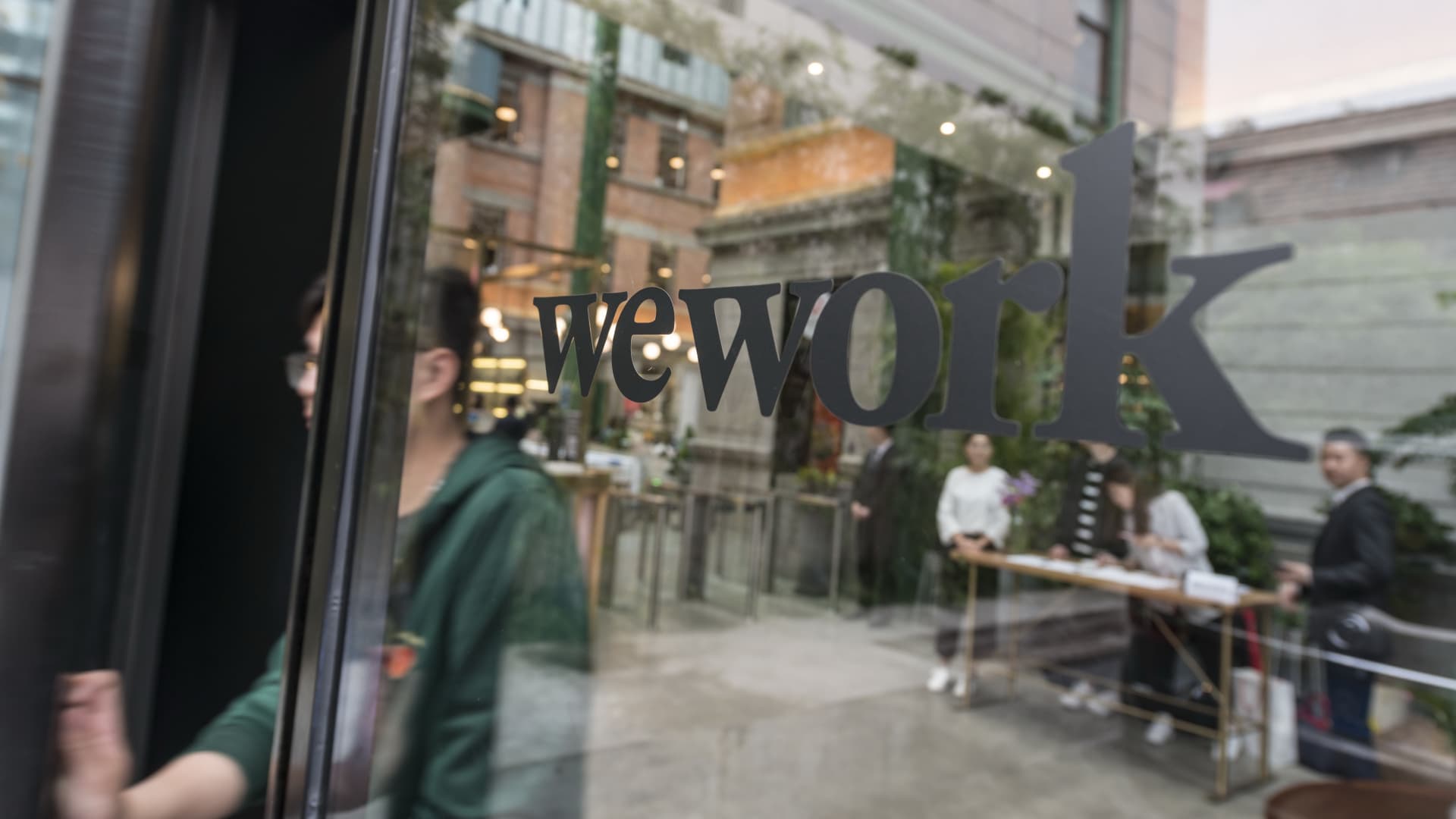US Markets
Monday, August 26th, 2024 5:14 pm EDT
Key Points
- UBS’s Acquisition of Credit Suisse: In March 2023, UBS acquired its struggling rival, Credit Suisse, for $3.2 billion after intense negotiations, raising investor concerns about the complexity and potential risks of integrating Credit Suisse’s problematic investment banking division.
- Progress in Integration: Over 18 months, UBS has made significant strides in the merger, meeting key milestones under CEO Sergio Ermotti, including completing the integration of their Swiss entities and achieving substantial cost savings. This progress has alleviated many initial concerns among investors.
- Future Challenges and Uncertainty: Despite the positive developments, UBS still faces challenges, including addressing Credit Suisse’s structural issues and potential new capital requirements from Swiss regulators. While the bank’s future remains uncertain, some view the acquisition as potentially one of the most successful deals in history.
In March 2023, UBS, one of Europe’s largest banking institutions, acquired its struggling rival, Credit Suisse, for $3.2 billion after a weekend of intense negotiations. While the deal presented an attractive purchase price, it also raised significant concerns among investors regarding UBS’s ability to manage the complex integration, particularly given Credit Suisse’s troubled investment banking division. The acquisition was seen as fraught with risk, leading UBS to reinstate former CEO Sergio Ermotti to oversee the merger and navigate the potential pitfalls associated with acquiring unknown liabilities. At the time, market observers were wary, likening the situation to a healthy person sleeping next to someone with the flu, with fears that UBS might inherit Credit Suisse’s problems.
However, 18 months after the acquisition, the sentiment has shifted, with many now regarding the deal as potentially the “deal of the decade.” UBS has made substantial progress in the merger process, meeting key milestones and timelines under Ermotti’s leadership. The integration of the two banks has been executed in a disciplined and pragmatic manner, which has helped to restore calm and trust among investors. UBS has already completed significant steps, including merging the parent companies in May, transitioning to a single U.S. intermediate holding in June, and fully integrating the Swiss entities of Credit Suisse and UBS in July. The entire merger process is expected to conclude by 2026.
Investors’ concerns have further eased following UBS’s second-quarter results in August, where attention shifted from the merger details to the bank’s actual business performance. UBS also announced that it is on track to achieve $7 billion in cost savings by 2024, a substantial portion of its $13 billion target for the entire merger period. Despite this progress, CEO Ermotti remains cautious, acknowledging that there is still significant work to be done, particularly in addressing Credit Suisse’s structural issues and restoring profitability to pre-acquisition levels. Moreover, UBS may face additional capital requirements from Swiss regulators, with potential demands ranging from $15 billion to $25 billion, adding another layer of complexity to the bank’s future.
While UBS’s share price has seen a notable increase since the deal, rising over 21% in the past 12 months, its performance in the year to date has been relatively flat, reflecting ongoing market skepticism. Nevertheless, some experts believe that this transaction could go down in history as one of the most successful deals ever made, with Ermotti potentially becoming a celebrated figure in Swiss banking history. However, whether this acclaim will come from Swiss citizens, employees, regulators, or shareholders remains uncertain as UBS continues to navigate the challenges ahead.
For the full original article on CNBC, please click here: https://www.cnbc.com/2024/08/26/ubs-ermotti-may-have-pulled-off-deal-of-the-decade-with-credit-suisse-rescue.html




